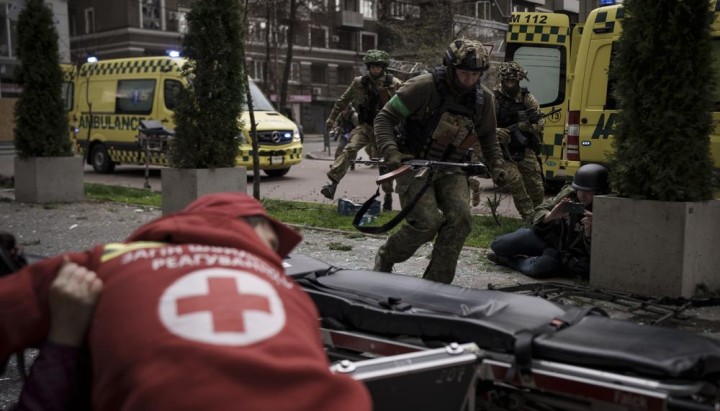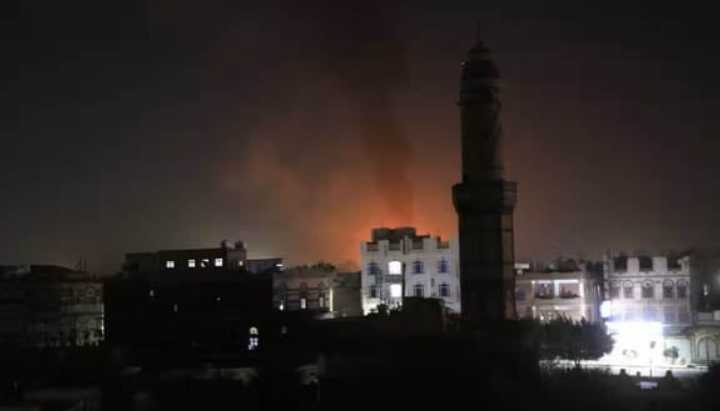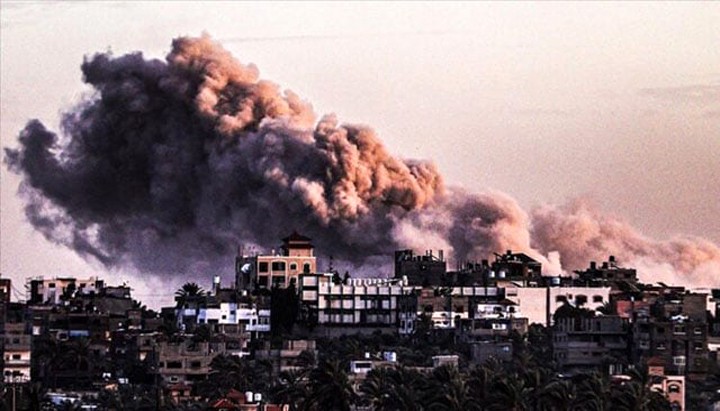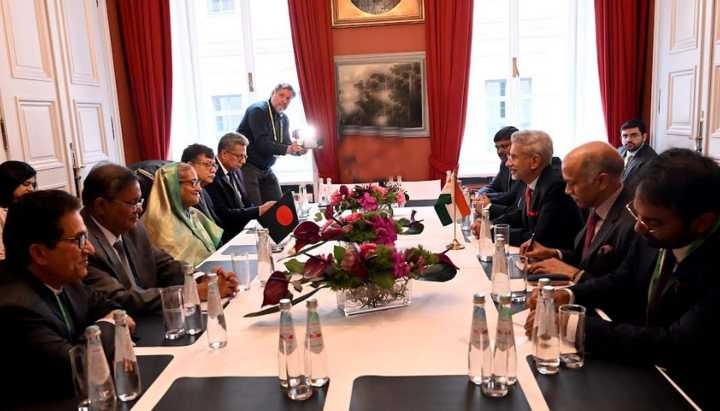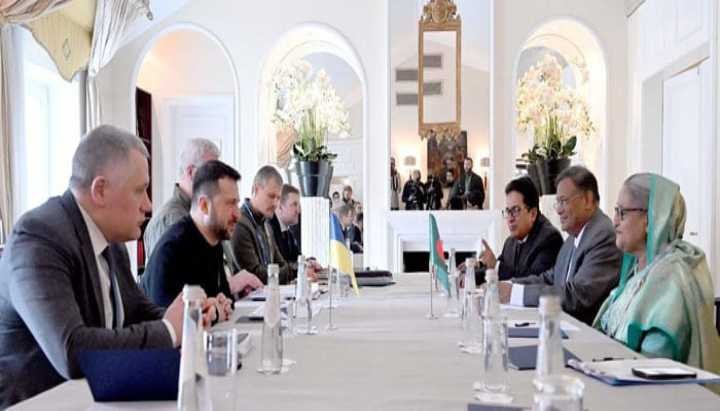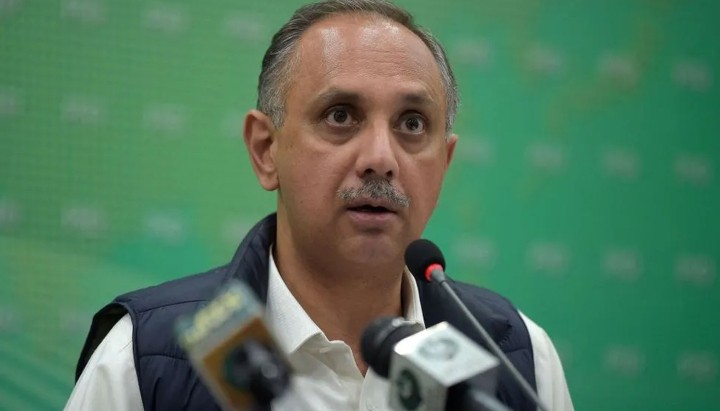Ukrainian fighters who were holed up in a massive steel plant
in the last known pocket of resistance inside the shattered city of Mariupol
ignored a surrender-or-die ultimatum from Russia on Sunday and held out against
the capture of the strategically vital port.
The fall of Mariupol, the site of a merciless 7-week-old
siege that has reduced much of the city to a smoking ruin, would be Moscow's
biggest victory of the war and free up troops to take part in a potentially
climactic battle for control of Ukraine’s industrial east.
Capturing the southern city would also allow Russia to fully
secure a land corridor to the Crimean Peninsula, which it seized from Ukraine
in 2014, and deprive Ukraine of a major port and its prized industrial assets.
As its missiles and rockets slammed into other parts of the
country, Russia estimated that 2,500 Ukrainian troops and about 400 foreign
mercenaries were dug in at the sprawling Azovstal steel mill, which covers more
than 11 square kilometers (4 square miles) and is laced with tunnels.
Many Mariupol civilians, including children, are also
sheltering at the Azovstal plant, Mikhail Vershinin, head of the city’s patrol
police, told Mariupol television on Sunday. He said they are hiding from
Russian shelling, and from any occupying Russian soldiers.
Moscow had given the defenders a midday deadline to
surrender and "keep their lives,” but the Ukrainians rejected it, as
they've done with previous ultimatums.
“We will fight absolutely to the end, to the win, in this
war,” Ukrainian Prime Minister Denys Shmyhal vowed on ABC's “This Week.” He
said Ukraine is prepared to end the war through diplomacy if possible, “but we
do not have intention to surrender.”
As for besieged Mariupol, there appeared to be little hope
Sunday of military rescue by Ukrainian forces anytime soon. Foreign Minister
Dmytro Kuleba told CBS’ “Face the Nation” that the remaining Ukrainian troops
and civilians in Mariupol are basically encircled. He said they “continue their
struggle,” but that the city effectively doesn’t exist anymore because of
massive destruction.
Ukrainian President Volodymyr Zelenskyy sent Easter
greetings via Twitter, saying: "The Lord’s Resurrection is a testimony to
the victory of life over death, good over evil.”
If Mariupol falls, Russian forces there are expected to join
an all-out offensive in the coming days for control of the Donbas, the eastern
industrial region that the Kremlin is bent on capturing after failing in its
bid to take Kyiv, Ukraine's capital.
The relentless bombardment and street fighting in Mariupol
have killed at least 21,000 people, by the Ukrainians' estimate. A maternity
hospital was hit by a lethal Russian airstrike in the opening weeks of the war,
and about 300 people were reported killed in the bombing of a theater where
civilians were taking shelter.
An estimated 100,000 remained in the city out of a prewar
population of 450,000, trapped without food, water, heat or electricity in a
siege that has made Mariupol the scene of some of the worst suffering of the
war.
"All those who will continue resistance will be
destroyed,” Maj. Gen. Igor Konashenkov, the Russian Defense Ministry's
spokesman, said in announcing the latest ultimatum.
Drone footage carried by the Russian news agency RIA-Novosti
showed towering plumes of smoke over the steel complex, which sits on the
outskirts of the bombed-out city, on the Sea of Azov.
Ukrainian Deputy Defense Minister Hanna Malyar described
Mariupol as a “shield defending Ukraine” as Russian troops prepare for battle
in the mostly Russian-speaking Donbas, where Moscow-backed separatists already
control some territory.
Russian forces, meanwhile, carried out aerial attacks near
Kyiv and elsewhere in an apparent effort to weaken Ukraine’s military capacity
ahead of the anticipated assault.
After the humiliating sinking of the flagship of Russia's
Black Sea Fleet last week in what the Ukrainians boasted was a missile attack,
the Kremlin had vowed to step up strikes on the capital.
Russia said Sunday that it had attacked an ammunition plant
near Kyiv overnight with precision-guided missiles, the third such strike in as
many days.
Explosions were also reported overnight in Kramatorsk, the
eastern city where rockets earlier this month killed at least 57 people at a
train station crowded with civilians trying to evacuate ahead of the Russian
offensive.
At least five people were killed by Russian shelling in
Kharkiv, Ukraine’s second-largest city, on Sunday, regional officials said. The
barrage slammed into apartment buildings and left the streets scattered with
broken glass and other debris, including part of at least one rocket.
Kharkiv Mayor Igor Terekhov, in an impassioned address
marking Orthodox Palm Sunday, lashed out at Russian forces for not letting up
the bombing campaign on such a sacred day.
And Zelenskyy, in his nightly address to the nation, called
the bombing in Kharkiv “nothing but deliberate terror.”
A regional official in eastern Ukraine said at least two
people were killed when Russian forces fired at residential buildings in the
town of Zolote, near the front line in the Donbas.
Zelenskyy said Russian troops in parts of southern Ukraine
have been carrying out torture and kidnappings, and he called on the world to
respond with more weapons and tougher sanctions.
“Torture chambers are built there,” he said in his address.
“They abduct representatives of local governments and anyone deemed visible to
local communities.”
Malyar, the Ukrainian deputy defense minister, said the
Russians continued to hit Mariupol with airstrikes and could be getting ready
for an amphibious landing to reinforce their ground troops.
The looming offensive in the east, if successful, would give
Russian President Vladimir Putin a vital piece of the country and a badly
needed victory that he could sell to the Russian people amid the war's mounting
casualties and the economic hardship caused by the West's sanctions.
Austrian Chancellor Karl Nehammer, who met with Putin in
Moscow this week — the first European leader to do so since the invasion Feb.
24 — said the Russian president is “in his own war logic” on Ukraine.
In an interview on NBC’s “Meet the Press,” Nehammer said he
thinks Putin believes he is winning the war, and “we have to look in his eyes
and we have to confront him with that, what we see in Ukraine.’’


